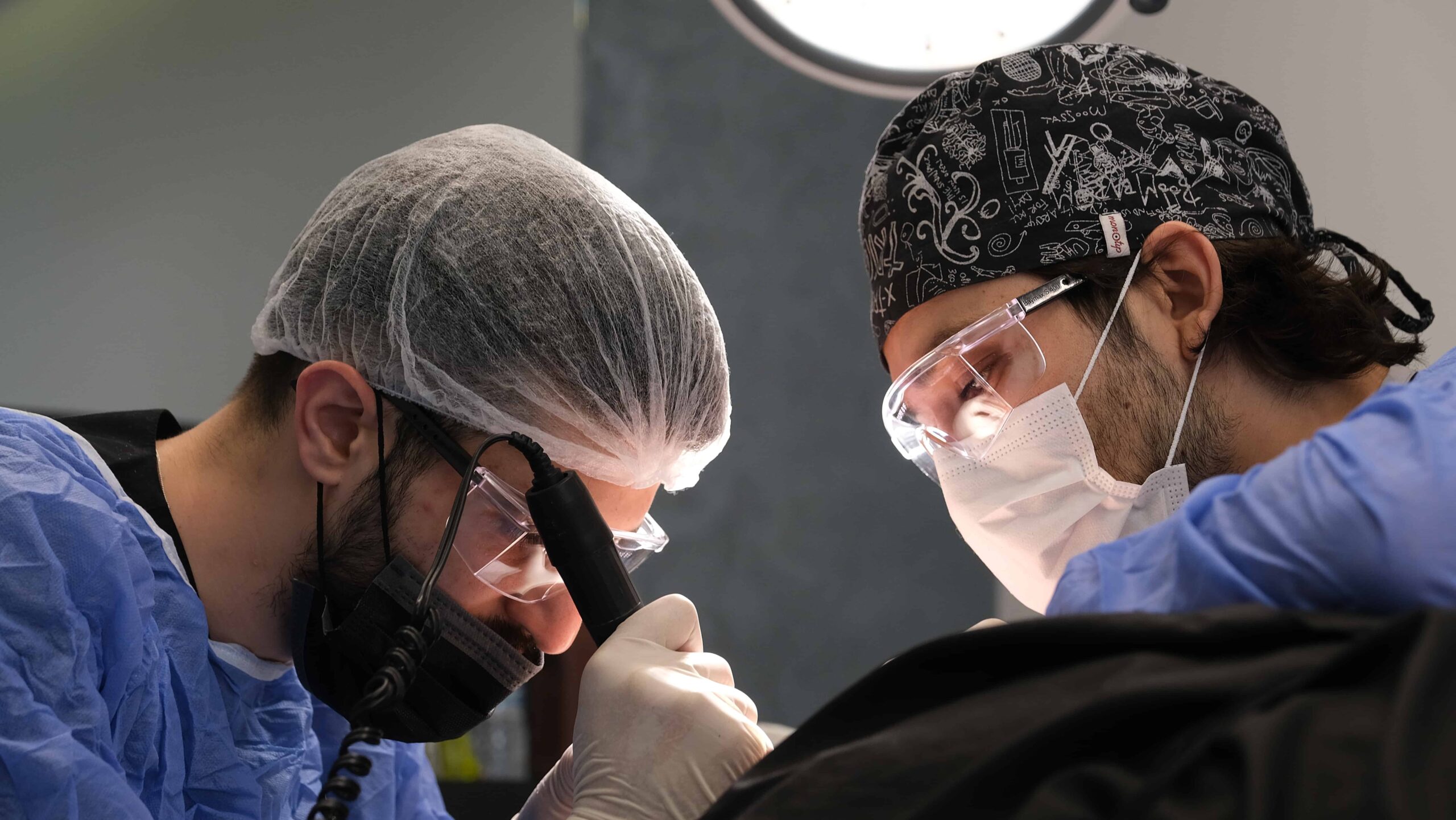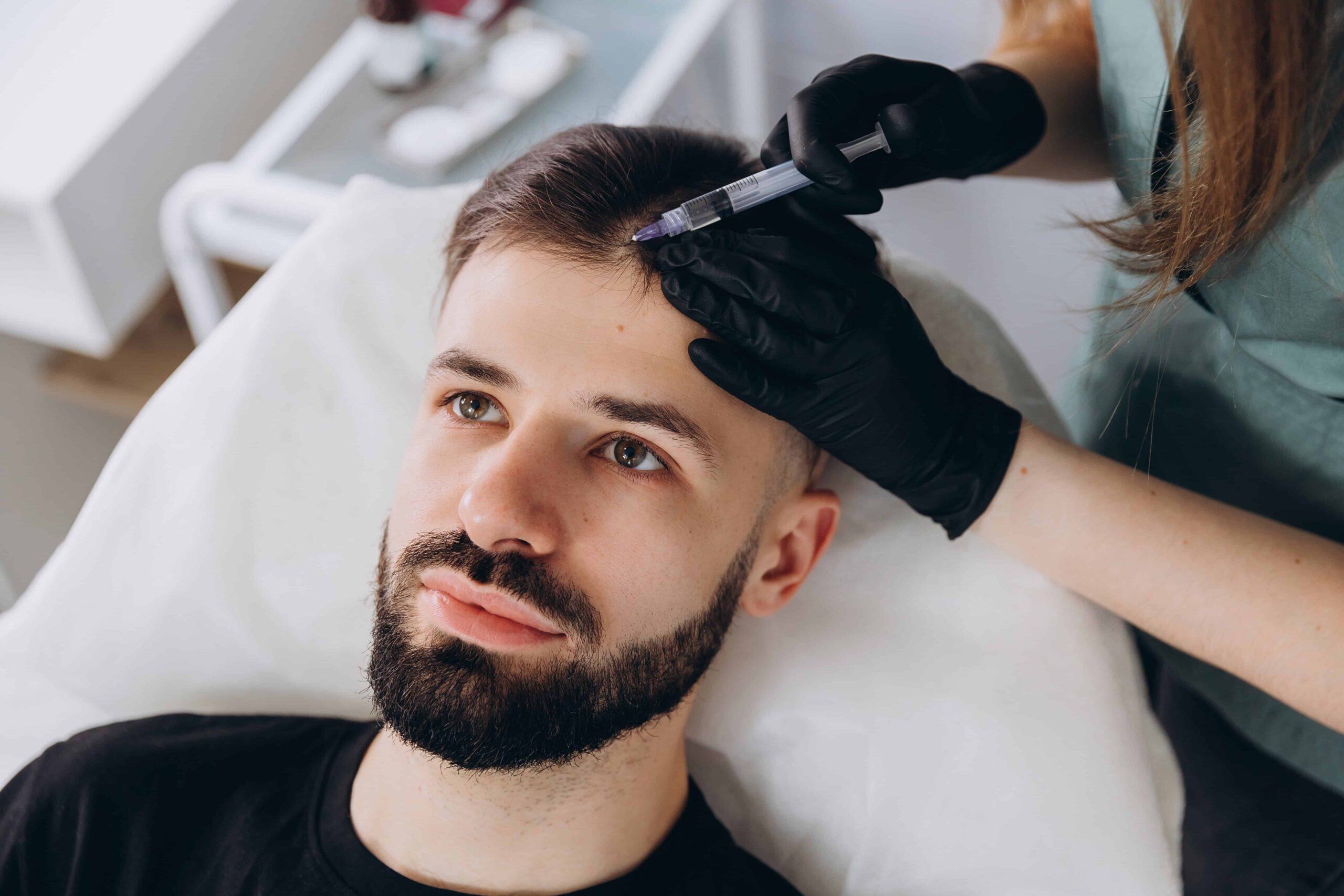Hair loss is a common and distressing experience for many individuals, affecting both genders. It can also significantly impact one’s overall confidence and self-esteem. If you’ve tried various remedies and treatments without success, you may consider a hair transplant a potential solution. However, before making a decision, several factors should be carefully considered to ensure that a hair transplant is the right choice for you.
This blog post will further explore the key factors to consider before going for a hair transplant. By evaluating these considerations, you can make a better decision and increase the likelihood of achieving the desired outcome.
1. Hair Loss Pattern and Stability
Before getting a hair transplant, it’s essential to understand your hair loss pattern and its stability. Hair loss can occur in different patterns, such as receding hairline, thinning crown, or overall hair thinning. So, watch out for the early signs of hair loss and assess its pattern to determine the most suitable transplant technique.
Additionally, the stability of your hair loss is crucial in predicting future hair loss. If your hair loss is still progressing, it may be necessary to delay the transplant until the pattern stabilizes to avoid future complications.
2. Expectations and Realistic Goals
Having realistic expectations is crucial when considering a hair transplant. While it can restore your hairline and improve your appearance, a hair transplant doesn’t always guarantee a full head of hair or stop the natural progression of hair loss. Your hair transplant’s success depends on factors such as donor hair availability, hair characteristics, and the surgeon’s expertise.
To help you craft a more realistic goal or expectation about hair treatment, you may review before and after hair transplant pics of previous patients or clients and compare how much has changed in their hair volume after the treatment. Consulting with a qualified hair transplant specialist can also help you develop realistic goals and understand the potential outcomes.
3. Budget and Financing Options
Hair transplant procedures can be costly, so consider your budget before making a decision. The cost of a hair transplant may vary on the extent of hair loss, the technique used, and the surgeon’s reputation and experience. Research different clinics and compare their pricing to get the best value. Additionally, some clinics offer financing options or payment plans, which can make the procedure more affordable and manageable.
4. Your Age
Age is another crucial factor to consider before getting a hair transplant. Hair transplant surgery is most effective for individuals over the age of 30. At this age, your hair loss pattern is more predictable, and your hair loss is more likely to have stabilized. Meanwhile, if you’re having a hair transplant at a younger age, you may require additional surgeries to maintain your results as your hair loss progresses.
5. Current Health Status Or Condition
Hair transplant surgery is a safe procedure, but still, it’s a surgery that might carry some risks. If you currently have a medical condition (e.g., diabetes, high blood pressure, etc.), you’ll need to discuss this with your surgeon or healthcare provider. They may recommend additional precautions or delay the surgery until your medical condition is under control.
6. Hair Transplant Technique And Expertise

Two primary techniques are used in hair transplant surgery. First is follicular unit transplantation (FUT), in which a strip of hair is surgically extracted from the donor area and subsequently transplanted to the recipient area. The second one is follicular unit extraction (FUE), which involves the individual removal of hair follicles from the donor, and meticulously transplanting them to the recipient area.
Both hair transplant techniques have advantages and disadvantages, and the right technique shall depend on your hair loss pattern, hair type, and the number of grafts required. With your surgeon, you can weigh the pros and cons of each technique to determine your best option.
7. Surgeon’s Experience and Reputation
The expertise and experience of your chosen hair transplant surgeon play a significant role in the procedure’s success. So, research and choose a board-certified surgeon with a proven track record specializing in hair transplantation. Reading patient reviews and testimonials can also provide insights into the surgeon’s reputation and the satisfaction of previous patients. A skilled and reputable surgeon will ensure that you receive personalized care, achieve natural-looking results, and minimize the risk of complications.
8. Potential Risks and Complications
A hair transplant can carry potential complications, such as bleeding, infection, scarring, and an unnatural appearance, if not performed correctly. Understanding and discussing the risks with your surgeon is essential to making an informed decision. A reputable surgeon will explain the potential risks, discuss how they can be minimized, and provide post-operative care instructions to promote proper healing.
9. Recovery and Downtime
Like any other surgery, recovering from a hair transplant will take some time. You’ll likely be required to take time off work or reduce your daily activities during the initial healing phase, as the transplanted hair follicles need some time to settle and establish a blood supply. Your surgeon will give thorough instructions on caring for your scalp and managing discomfort to ensure proper healing. Preparing for the recovery process will help you plan accordingly and minimize inconvenience.
Wrap Up
A hair transplant can be an ideal solution for hair loss, but it is essential to consider several factors before finalizing a decision. By arming yourself with knowledge, knowing the critical considerations, and seeking expert advice, you can make the best choice for your unique situation. So, take the first step toward regaining your self-confidence and enjoying a fuller head of hair.

